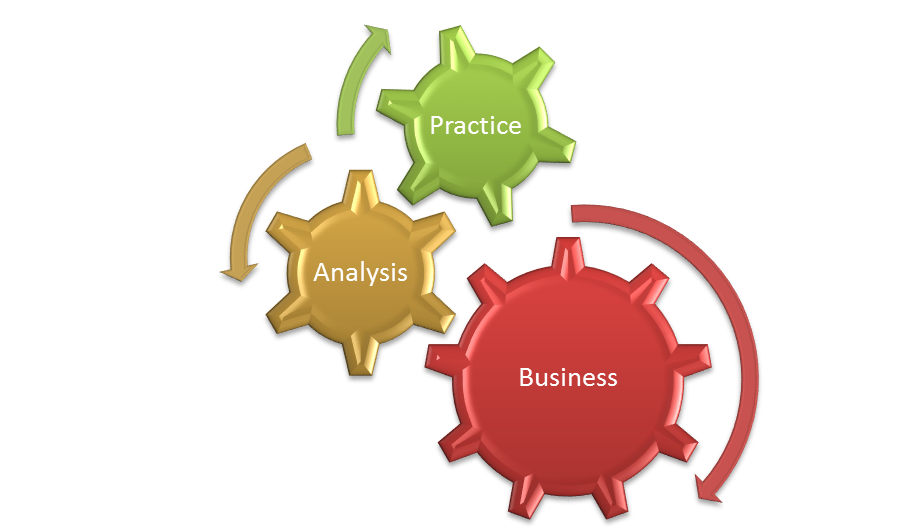Teesside is the name given to the group of towns in the northeast part of England around the urban centre of Middlesbrough that is also made up of the towns of Stockton-on-Tees, Billingham, Redcar, Thornaby and surrounding settlements near the River Tees. Local government district also having same name between 1968 to 1974 the County Borough of Teesside.
Teesside is still an vital centre for heavy industry, also the number of people employed has dropped. Traditional industries, primarily steelmaking (British Steel) and chemical manufacture (Imperial Chemical Industries (ICI)), have been replaced to a large extent by science development high technology activities, and service sector roles.
Local government
The County Borough of Teesside was absorbed into the larger non-metropolitan county of Cleveland along with the towns of Guisborough and Hartlepool in 1979. The Teesside region was divided between the boroughs of Middlesbrough, Langbaurgh, and Stockton-on-Tees, with the wards of Billingham East & West, Stockton South, North End, Hartburn, Mile House, Norton, Grangefield, Ormesby, Thornaby East & West going to Stockton, the wards of Coatham, Eston Grange, Kirkleatham, Redcar and South Bank going to Langbaurgh and the rest going to Middlesbrough.
The River Tees and Teesport
Teesport is based on the River Tees and is currently the UK’s third largest port, and also it is included in the ten biggest ports of Western Europe. This port can handle over 56 million tonnes of goods annually which are linked with the chemical, steel processing industries and local petrochemical. The port is an vital part of logistical infrastructure for the NEPIC cluster of companies.

 ENQUIRE
ENQUIRE
 REQUEST CALLBACK
REQUEST CALLBACK
 GET A FREE QUOTE
GET A FREE QUOTE


 Introduction
Introduction Course Details
Course Details Course Content
Course Content





 London
London